This Is Exactly How Long You Should Walk to Get Your Best Sleep Ever
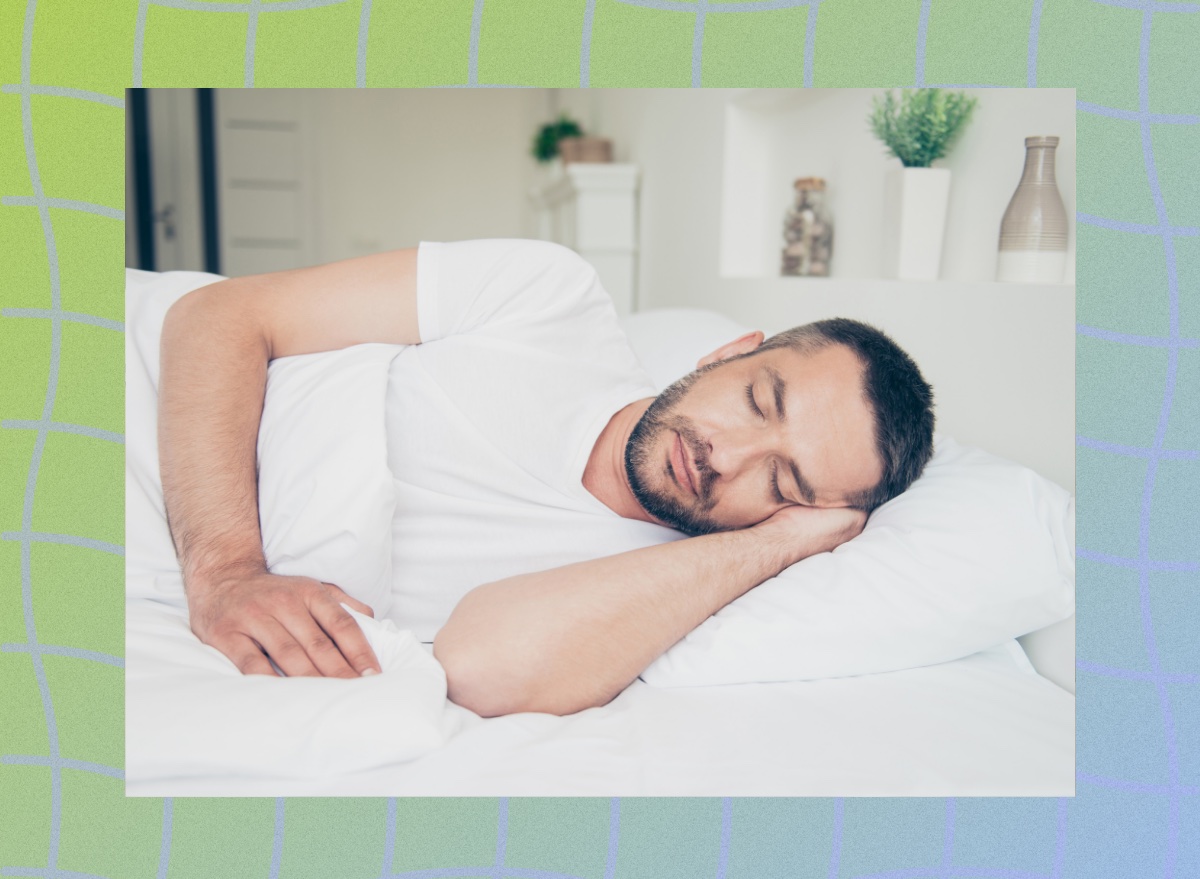
While it may be difficult to carve time out in our lives for many of the self-care practices we hear about, there is one thing we already have the drive to do daily: sleep. As a health and fitness Coach with The Bay Club Company, I hold multiple certifications from professional bodies, as well as degrees in Kinesiology and Psychology. Through my work helping individuals and families to optimize their strength, wellness and overall potential, I’ve discovered that the amount of time we have available for sleep can vary greatly, so finding ways to maximize the value of every zzzz can make a world of difference in how we experience life, and how other people experience us!
The Ideal Evening Walk Timing
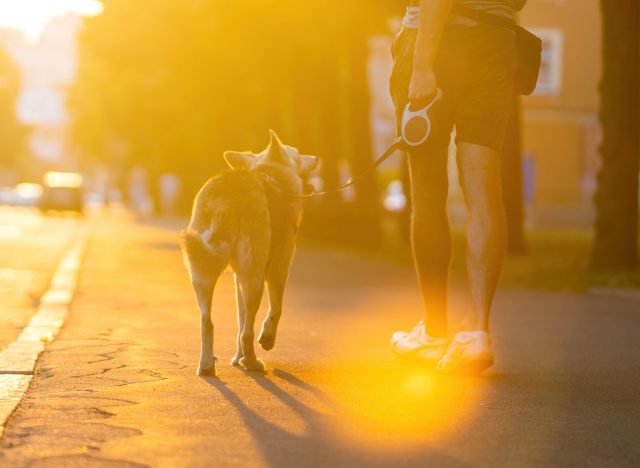
A simple way to improve how quickly and deeply you sleep is to incorporate a 30-60 minute walk into your evening, about an hour after your last meal of the day. That is a great time to grab something reflective (and maybe a furry friend!) and head out the door for a gentle or brisk stroll (as opposed to a ‘power’ or fast-paced walk, which can stimulate your nervous system and is better suited for exercise earlier in the day). Ideally, your evening walk should finish up about 45 minutes before your bedtime, 15 minutes at the latest (leave yourself some time to floss!).
How Walking Benefits Your Sleep

A walk at any time of day can aid in digestion, circulation, immune function, and cardiorespiratory health, which are all things that benefit our sleep. This means that a walk in the morning or afternoon is good for you too! Evening walks have the added benefit of supporting our brain’s production of melatonin, a hormone that makes us feel drowsy and is essential to regulating our sleep-wake cycles. Melatonin levels naturally rise as light levels reduce, walking outside in the dusk or dark of evening helps to cement this process, and the result is an ability to drift into deeper sleep cycles sooner and for longer.
Maximize Your Sleep Benefits
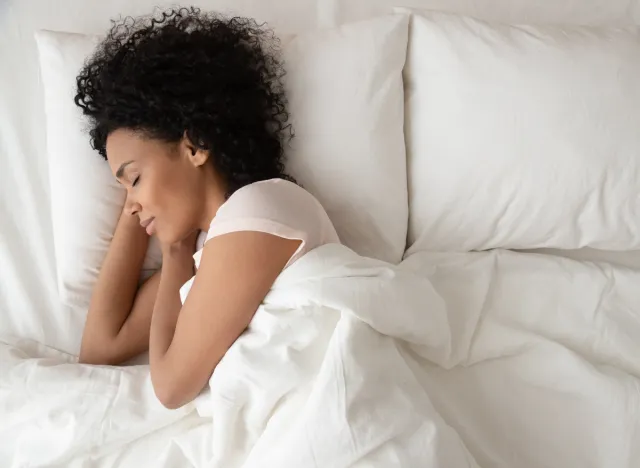
A big part of this is reducing artificial light exposure, so try putting any screens away as you head out the door. Individuals who experience sleep disorders will benefit greatly over time from regular evening walks and may want to incorporate a calming breath practice towards the end to transition even more smoothly to slumber.
Indoor Alternatives When You Can’t Walk Outside
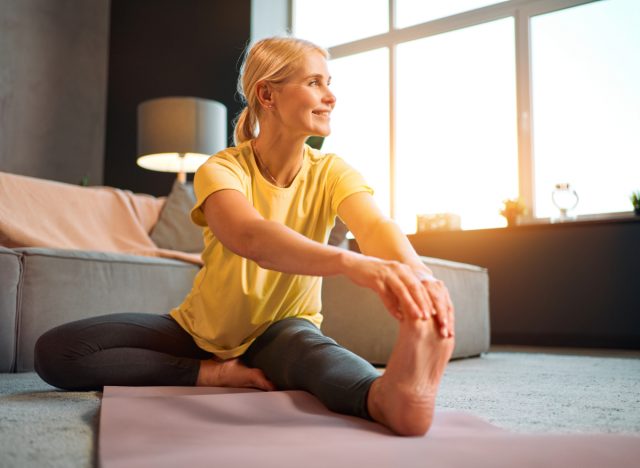
If weather or other conditions make your evening walk outside an impossible task, another option is to reduce indoor lighting (start with anything overhead), turn off electronic screens (they emit blue light, which suppresses melatonin), and do some gentle exercises (like sit/stand, known as box squats) or general stretches for your legs, chest and back. If you’re staying indoors, lean more into the mental unwinding that the stroll outside would have provided; reflect on your day and drop into gratitude or any similar practice that holds meaning for you.
Begin Your Better Sleep Journey
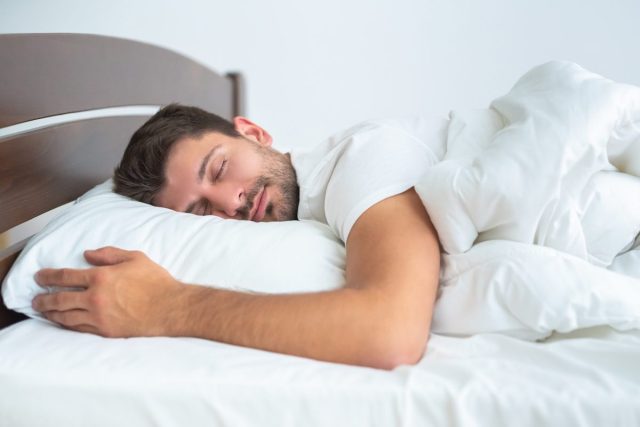
As with anything, individual results will vary but it is possible to experience improved sleep quality even on the first night of this evening routine, and greater over time. When we sleep better, we feel better! And if you enjoyed this article, don’t miss How Long Your Walking Workout Should Be To Shrink Belly Fat.









